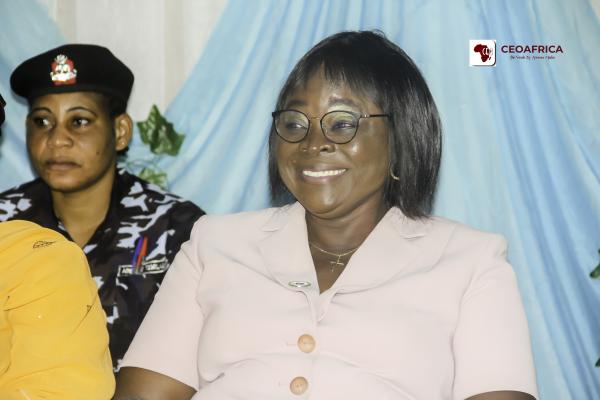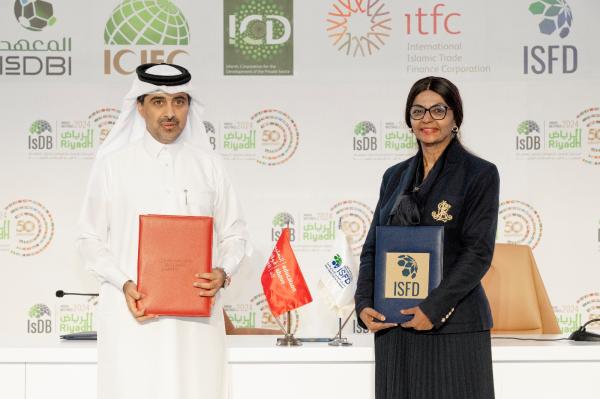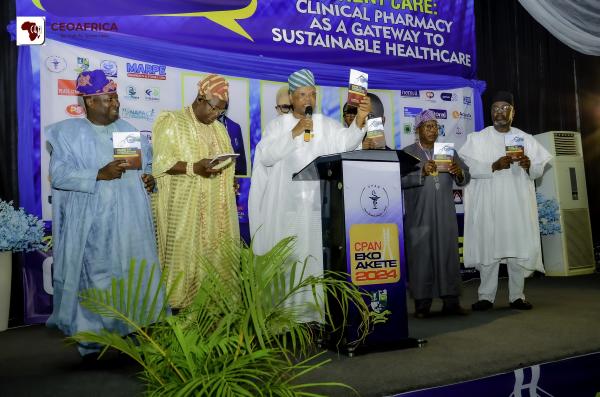
In line with its mission to develop, validate and transfer appropriate demand-driven agricultural technologies that are eco-friendly, affordable and adaptable through effective agricultural research and extension system as well as improving farmers’ productivity and livelihoods, the Institute of Agricultural Research and Training (IAR&T), Ibadan, Oyo State with the help of the Tertiary Education Trust Fund (TETFUND), has developed new technologies for the production of garri.
The institute also held a two-day training tagged “Training of Garri Processors and Fabricators on Nutrient Diense (NDG) Technology” at the institute’s Agricultural Value Addition and Enterpreneurship Center, on Thursday, April 25, and Friday April 26, 2024.
Executive Director of the institute and Principal investigator of the project, Professor Veronica Obatolu, who welcomed the participants and trainees to the institute, explained that the project was sponsored by TETFUND, an organisation of the federal government setup to support university researchers for innovations with specific instance to the garri project.
“Today, we have been able to bring out some technology regarding how we can improve the process of garri. The technology is being perfected and one of the things we will do is to disseminate the result to people so that users will review the technology and get back to us,” she said. She added that the practical training included how to process soya beans in a straight line.
After the participants were asked on meet and greet to know themselves, the program and project coordinator, Prof. B. O. Lawal told the trainees that the “overall aim of the project is to build the capacity of small holder garri processors and fabricators to produce nutrient dense garri as a business venture.”
She noted the specific objectives as, introducing the NDG technology, processing equipment and processing line to the participants, train processors on selection of appropriate machine to improve the quality of products and expand their market potentials, train the participants on techniques required to produce quality nutrient densed garri including quality control and hygienic practices, introduce the trainees to available credit facilities and funding opportunities, and encourage collaboration between processors, fabricators and industry partners.
Speaking at another training session, the Director of the institute, Prof. Obatolu explained that the poverty many times is not the cause of malnourishment, saying their way of helping and preventing malnourishment among children is to improve the source of their feeding, which is garri.
Observing that the children of garri processors usually get overly fed on garri during the course of the processing hence causing malnourishment, Obatolu noted it as part of the reasons for the new technology.
Further explaining the motives of the garri processing technology, she expressed that the idea was motivated by the tedious process as well as the negative impacts caused by the former traditional means of processing.
Adding that the idea was birthed along with certain engineers and stakeholders, she also said, “what came to mind was to improve the nutrients of garri, reduce the labour and increase their profit.” She told the trainees that they had done their part by researching, but the participants are the ones to use the technology where they also can express their concerns on the improvement of the technology if need be.
“It will create opportunities for agribusiness, create commercialisation for users, employment generation, improve food and nutrition security,” Obatolu said.
While questions and answers were fielded, Engr Salawu took them through the processing of the food chain and led the participants were through the practical session of the use of the new technology.
Reacting to the new technology and training, one of the trainees, Christianah Nwose from Edo State told CEOAFRICA that she was impressed with the cassava peeling machine technology which compared to the local methods they were using, is the best. “It ensures better hygiene. The machine is easier, reduces health risk compared to the old method,” she said.
Another participant, Chinelo Osofuye from Ogun state while expressing her excitement said, “I will say this is a great work being done here, mixing soyabeans with garri to increase its nutrients. Through this process, it will reduce malnutrition thereby increasing health security.”






















